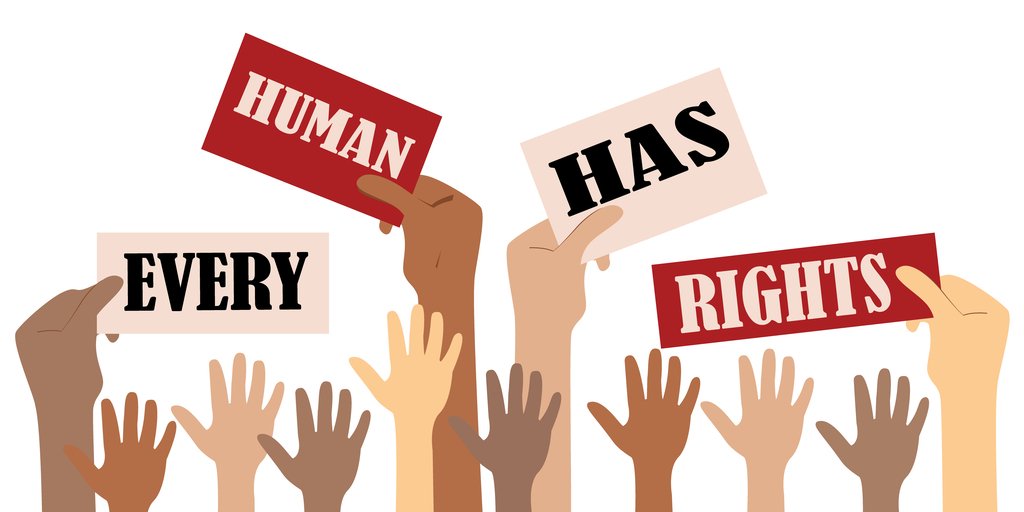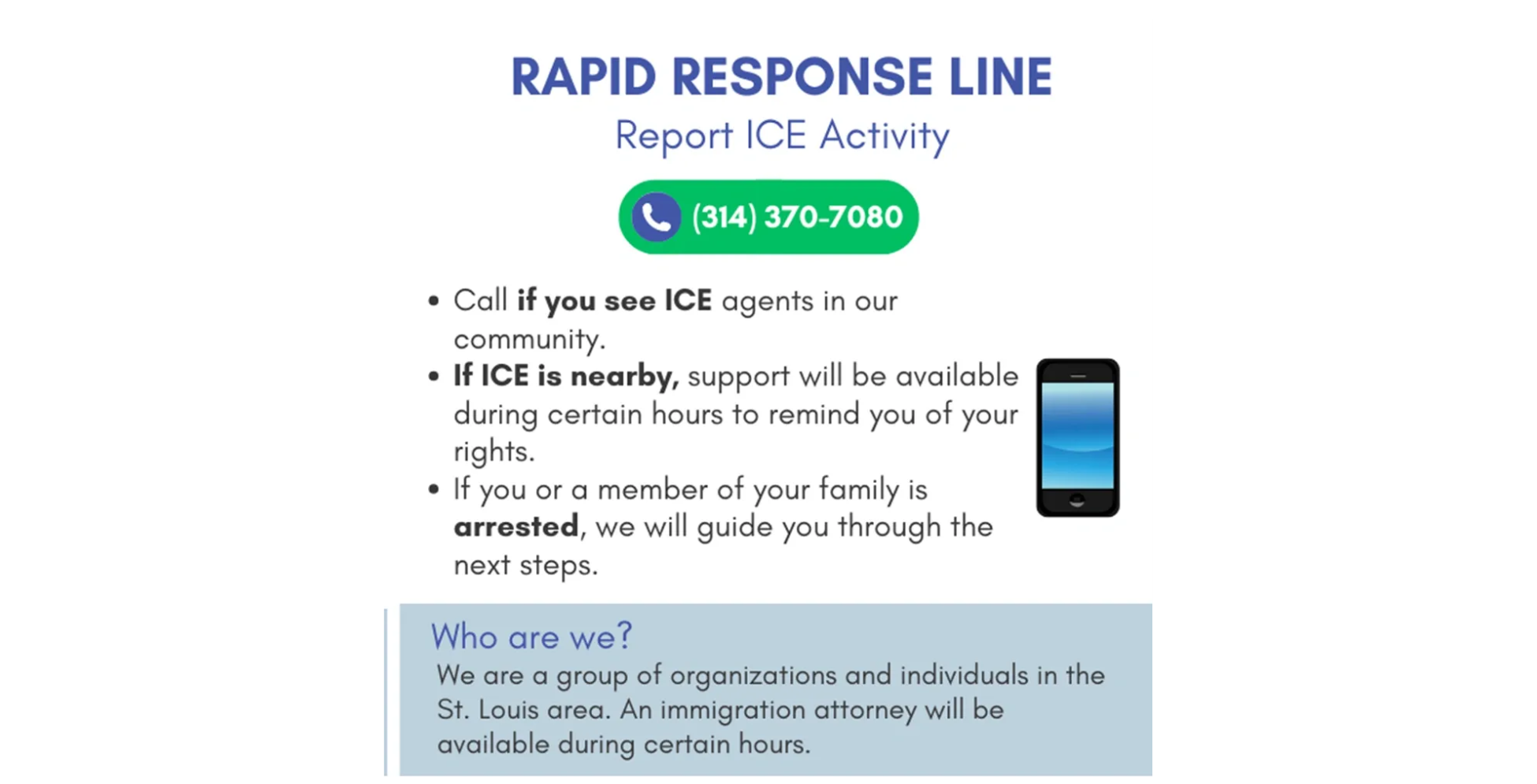
KNOW YOUR RIGHTS
Create A Safety Plan
Identify your emergency contacts and memorize their phone numbers.
Provide your child’s school or day care with an emergency contact to pick up your child.
Provide authorization in writing for your emergency contact to make medical and legal decisions for your child.
Keep important documents such as birth certificates and immigration documents in a safe place where a friend or family member can access them if necessary.
Know Your Rights Cards
Carry a valid U.S. ID (such as a driver's license) if possible
Carry a card with the contact information of an immigration attorney
Carry a know-your-rights-card, indicating that you wish to remain silent.
Do NOT carry papers from another country with you, such as a foreign passport. Such papers could be used against you in the deportation process.
If you are a U.S. citizen or have lawful immigration status:
Carry a copy of our U.S. passport; or
Carry an original or copy of legal permanent resident card, work permit, or other documentation of your status.
Documents You Should Carry
Stay calm and don’t run, argue, resist, or fight the officer, even if you believe your rights are being violated or you are being treated unfairly.
Don’t lie about your status or provide false documents.
If You Encounter ICE
You have the right to remain silent. You do not need to speak to the immigration officers or answer any questions.
If you are asked where you were born or how you entered the United States, you may refuse to answer or remain silent.
If you choose to remain silent, say so out loud.
You may show a know-your-rights card to the officer that explains that you will remain silent and wish to speak to a lawyer.
You may refuse to show identity documents that say what country you are from.
Do not show any false documents and do not lie.
You have the right to speak to a lawyer. If you are detained or taken into custody, you have the right to immediately contact a lawyer.
Even if you do not have a lawyer, you may tell the immigration officers that you want to speak to one.
If you have a lawyer, you have the right to talk to them. If you have a signed Form G-28, which shows you have a lawyer, give it to an officer.
If you do not have a lawyer, ask an immigration officer for a list of pro bono lawyers.
You also have the right to contact your consulate. The consulate may be able to assist you in locating a lawyer.
You can refuse to sign any/all paperwork until you have had the opportunity to speak to a lawyer.
If you choose to sign something without speaking to a lawyer, be sure you understand exactly what the document says and means before you sign it.
If you are undocumented:
You do not have to open the door. You do not have to open the door or let the officers into your home unless they have a valid search warrant signed by a judge.
An ICE deportation warrant is not the same as a search warrant. If this is the only document they have, they cannot legally come inside unless you verbally agree to let them in.
If the officers say they have a search warrant signed by a judge, ask them to slide it under the door or hold it up to a window so you can see it.
If the warrant does not have your correct name and address on it and is not signed by a judge you do not have to open the door or let them inside.
If at any point you decide to speak with the officers, you do not need to open the door to do so. You can speak to them through the door or make sure a chain lock is in place, then crack open the door a little while it is still locked.
If an officer knocks on your door:
Ask to speak to an attorney
Assert your right to remain silent. Do not give any information until you speak to an attorney first.
Do NOT sign anything before consulting with an attorney
Contact an attorney or family member. You have the right to make a telephone call.
Contact your consulate - If you are a foreign national arrested in the U.S., you have the right to call your consulate or to have the deportation officer inform the consulate of your arrest.
If you are detained by ICE, a loved one can try to use ICE’s online detainee locator to find you:
If Detained by ICE
Find A Lawyer
If you need legal assistance, you can look for help in the following resources:
The Department of Justice’s list of pro bono legal service providers, organized by state: 🔗 DOJ Pro Bono Legal Services
Immigration Law Help’s directory of low-cost or free legal assistance, searchable by zip code and detention facility: 🔗 Immigration Law Help
The National Immigration Project of the National Lawyers Guild's "Find-A-Lawyer" tool: 🔗 National Immigration Project
The American Immigration Lawyers Association (AILA) online directory: 🔗 AILA Lawyer Directory
Immi.org's search engine to find nearby legal services (enter your zip code to see options): 🔗 Find Legal Help
Other Resources
ACLU – Know Your Rights for Immigrants: 🔗 ACLU Immigrants’ Rights
Immigrant Legal Resource Center – Know Your Rights Toolkit: 🔗 ILRC Toolkit
National Immigrant Justice Center – What to Do If You Encounter ICE: 🔗 NIJC Know Your Rights
National Immigration Law Center – What to Do If Arrested or Detained: 🔗 NILC Know Your Rights
We Are Casa – Know Your Rights: 🔗 CASA Know Your Rights
Citizens for Modern Transit – Public Transit Safety & Rights: 🔗 CMT Program





